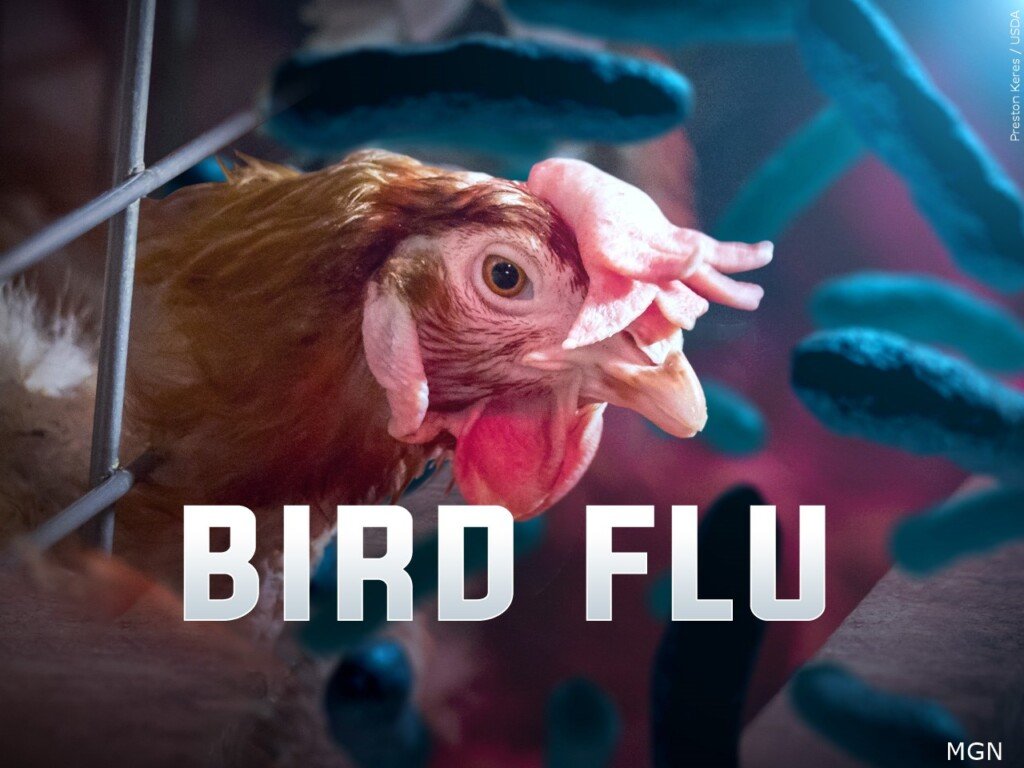The recent HPAI H5N1 bird flu outbreak has left many people questioning its origins. A new study by the McCullough Foundation suggests that this virus might not be as natural as it seems. They claim the outbreak could be traced back to lab leaks at the USDA Poultry Lab in Athens, Georgia, and the Erasmus Medical Center in the Netherlands. These labs have been involved in gain-of-function research on bird flu, a controversial type of study that manipulates viruses to understand their potential to cause pandemics.
Genetic Evidence Points to Lab Origins
The study presents genetic evidence indicating that the H5N1 clade 2.3.4.4b strain, now spreading across North America, might have originated from these laboratories. Dr. Peter McCullough, a key figure behind the study, is calling for an immediate stop to all gain-of-function research. He warns that such experiments pose a significant national security threat, as they can inadvertently create dangerous pathogens.
The Role of Gain-of-Function Research
Gain-of-function research involves modifying viruses to study how they might evolve to become more infectious or deadly. While this research aims to prepare for potential pandemics, it carries significant risks. The McCullough Foundation's study suggests that the timing of the H5N1 outbreak coincides suspiciously with the USDA lab's research activities. This correlation raises serious concerns about the safety protocols in place at these facilities.
Controversy and Calls for Transparency
The study's findings have sparked controversy, especially since the Biden administration is pushing for mass vaccinations against bird flu. Meanwhile, mainstream media and fact-checkers seem to be downplaying or ignoring the McCullough study's revelations. This lack of coverage has led to questions about transparency and accountability in handling the outbreak.
Vaccine Timing Raises Eyebrows
Adding fuel to the fire, the Bill & Melinda Gates Institute had already developed an H5N1 vaccine by May, just before the first human case of the virus was reported. This uncanny timing has led to speculation about a potential "Plandemic 2.0," reminiscent of the debates surrounding the origins and response to the COVID-19 pandemic.
Biosecurity Concerns on Isolated Farms
As farms across the U.S. report incurable strains of bird flu, suspicions are growing about the role of state agents testing for the virus. Some critics argue that these agents might be inadvertently—or even deliberately—spreading the infection. This situation has ignited debates about biosecurity and the potential for an engineered global food shortage by 2025. Such a scenario would align with warnings from global elites about an impending economic reset.
A Call for Moratorium on Risky Research
The McCullough Foundation emphasizes the urgent need for a moratorium on gain-of-function research. They argue that preventing further man-made pandemics is crucial and call for a thorough re-evaluation of the safety and ethical implications of such scientific endeavors. According to Dr. McCullough, the potential risks far outweigh the benefits, making it imperative to halt these experiments before another disaster strikes.
The Path Forward: Ensuring Safety and Accountability
As the bird flu outbreak continues to unfold, it is vital to address the concerns raised by the McCullough study. Ensuring transparency in research activities and holding laboratories accountable for their safety protocols are essential steps in preventing future pandemics. Additionally, rethinking the approach to gain-of-function research could help safeguard against the unintended consequences of scientific advancements.
Conclusion: Weighing the Risks and Benefits
The bird flu outbreak has underscored the complex relationship between scientific research and public health. While gain-of-function studies aim to enhance our preparedness for pandemics, they also introduce significant risks. The McCullough Foundation's call for a moratorium on such research highlights the need for a balanced approach that prioritizes safety and ethical considerations. As we navigate these challenges, it is crucial to foster open dialogue, ensure rigorous oversight, and strive for scientific practices that protect both human and animal health.
Free Speech and Alternative Media are under attack by the Deep State. Chris Wick News needs your support to survive.
Please Contribute via GoGetFunding



